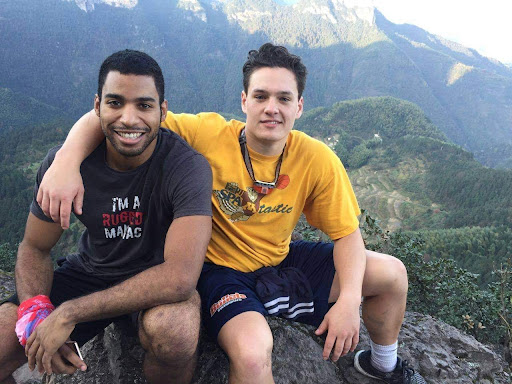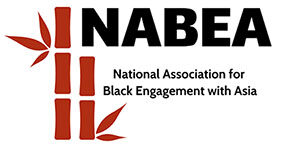
I never wanted to learn Mandarin. It was my school’s first year offering the language and I had no interest in it. As a proud Haitian-American, I wanted to learn French. It would help me with Creole and I could practice with my family at home whenever I wanted. Equally important to a young Shahn, it would be an easy A on my lackluster report card. However, my mom had different plans; she enrolled me in Mandarin Chinese classes against my protestations. When I slacked off and didn’t earn that A, my mom shipped me off to a Chinese language camp in China through the China Institute of America. That experience changed everything.
When I returned to the States, I knew international relations was in my future. Raised in New York City, I had always felt that I could experience the world right at home. My trip with the China Institute of America showed me just how wrong I was. The world was huge, and I wanted to make it smaller. I became a student ambassador for the China Institute of America as well as a student ambassador for the 100K Strong Foundation (now known as the US-China Strong Foundation), an Obama initiative to get more Americans to study Mandarin. I also began learning Japanese, which I foolishly thought would be easy because of the shared character system between traditional Chinese characters and kanji. In my mind, Mandarin and Japanese would be the first of many languages I would learn.
In undergrad at Gettysburg College, I double-majored in International Affairs and Chinese Studies, a natural progression for me, and I was able to study abroad and complete an internship in Shanghai. While there, I was able to deepen my appreciation for the diversity of Chinese culture as well as improve my language abilities. From there, I went straight into my International Affairs Master’s degree at George Washington University where I had a double concentration in International Security Studies and East Asia. Now, as a consultant for the U.S. Government, I’m able to use all I’ve learned on this path and work with brilliant people to address real problems in the world.
So, why did I join NABEA? I have been involved with China, and more broadly, East Asian studies since I was around 12 years old. I have had barely a handful of Black Americans in the room with me that entire time. To me, NABEA offers community, knowledge, language exchange, as well as connections within a tight-knit US-China field. Or, for the more succinct version, I guess you can say I joined NABEA because my mom made me learn Mandarin when I was 13…
~~~~~~~~~~~~~~~~~~~~~~~~~~~~~~~~~~~~~~~~~~~~~~~~~~~~~~~~~~~~~~~~
If you identify as Black American or African-American, join our Slack community to connect with other Black Asia experts by filling out our Slack sign-up form! Also, fill out the Database sign-up form to be added to NABEA’s Database, a publicly accessible resource for institutions to find Black Americans across academia, government, and private sector industries who specialize in the Indo-Pacific.
If you do not identify as Black American, sign up for the listserv to receive newsletters and stay up-to-date on NABEA’s activities and programming. Also, please spread awareness by sending this information to any Black American, Asia specialists in your network.
